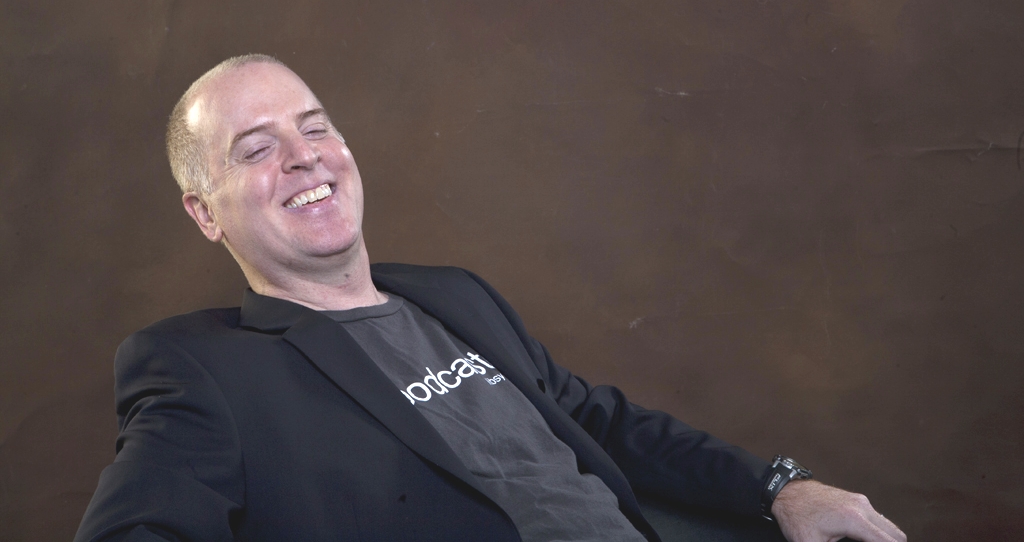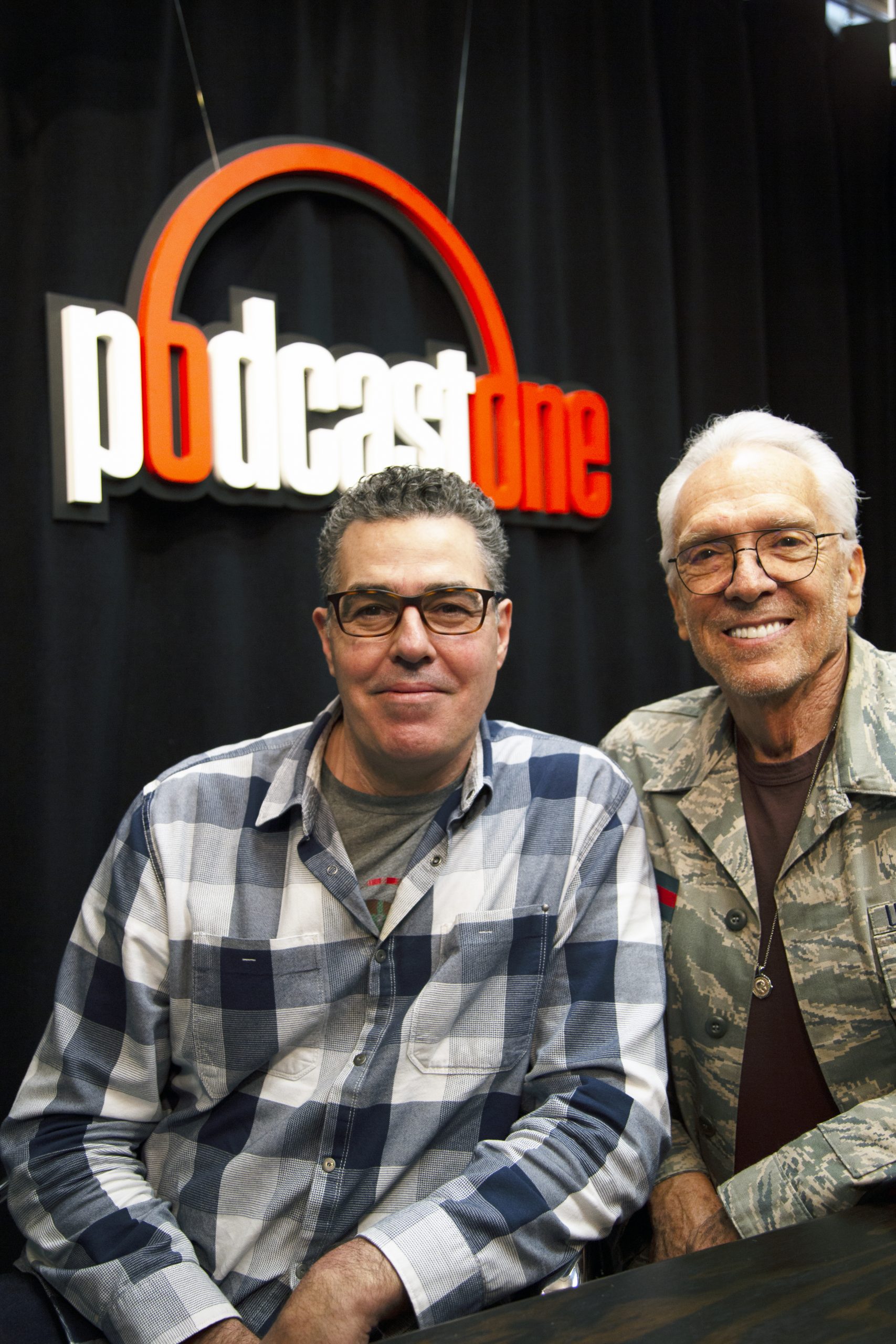Chris Curran is a successful music engineer with several album credits including Biggie Smalls, MC Hammer, Naughty by Nature, and many others.
He is also an accomplished podcast engineer and producer, and Founder of The Podcast Engineering School. Host of The Podcast Engineering Show, he now teaches advanced audio production with a focus on achieving deeper, richer audio quality.
In late 2011, Chris heard the word “podcast,” and quickly looked it up. With his background in audio engineering in mind, he thought:
“‘This is great! I love this. I’m an audio guy, and am so over-qualified (in an audio sense) for the world of podcasting.’ I really wanted to get into it, so I did. Within six to eight months, I opened a physical podcast studio in New Jersey to produce podcasts for the locals.”
Of course, I had to ask him if the sound quality he hears from many podcasters makes him cringe?
“YES,” he said, followed by a long pause.
“There are many fundamental errors that amateurs make in audio. It’s not their fault, really. They just don’t know better. While your audio quality does reflect on you and your show, really, if you don’t make any major mistakes, you’ll be okay. Podcasts don’t have to be a 10 out of 10 on the quality spectrum. They have to be good ‘enough,’ so people can listen without being distracted by horrendous sound quality.”
Since you, Podcast Magazine reader, are reading these words, you’ll have to trust me when I say Chris’ sound quality is really nice! It’s a pleasure, listening to his voice. On the other hand, I have never been so self-conscious about my audio, and how it sounds from the other end! While it seems like Chris has always had his sound on point, I asked about his podcasting evolution from his early days in a physical studio outside of his house.
“I had that studio for three years, and I helped start a couple of local business shows. My strategy was to get local business owners into my studio first as a guest to experience it, and then as a potential client—someone who might want to start up his or her own show though my facility. It was in 2016 that I realized I wanted to launch The Podcast Engineering Show, which would be all about advanced audio production. Then, in 2017, I launched The Podcast Engineering School, mostly for audio editors and people who want to make a career out of it.”
It wasn’t all smooth sailing, though. Chris’s biggest challenge along his podcasting journey?
“Clearly, growing my audience. I am not a marketing person. Everyone talks about how great online marketing is, but it’s not true for me. I have tried it! I try to put out great content, and go to podcasting events to make friends in the industry. That has been worthwhile.”
While Chris has seen steady growth in his download numbers since 2016, he doesn’t focus on the numbers. His podcast exists to help him grow his school—that’s it.
“If I only had 50 downloads, but all 50 people signed up to my school paying thousands of dollars each, I win,” he explained.
In the beginning, this was not the case. Like most podcasters, the numbers mattered. However, as a podcast producer for many other shows, Chris got to see other show’s download numbers. He quickly learned that you can’t just start a podcast and expect your numbers to jump. It just doesn’t happen that way.
‘The examples people use when talking about download numbers are often from celebrity podcasts. The reason they have download numbers is because they ARE celebrities! You can’t compare to that.”
So what did he choose to focus on, instead?
“One thing I knew was that the show I was doing was unique,” Chris said.
With Chris’s vast success in the podcasting industry, I had to ask him about some of the key (and easy) mistakes people make as both podcast host and guest on a show.
“First of all,” he answered, “your microphone technique is vital. It is crazy how many people do podcasts and don’t stay close to their mic! The other thing is your environment. If you are in a room that really bounces the sound around, it’s terrible. You have to be aware of making noise. When you record audio, you have to pretend like you are in a studio. Don’t fiddle and tap things, as all sound comes through. Finally, get a windscreen for a pop filter—if you don’t protect your microphone, the air out of your mouth is going to distort your sound.”
Let’s just say I have never been so happy that I had my pop filter in place as we recorded this interview!
The message is clear, people:
Do the basic work and sort your sound out!










